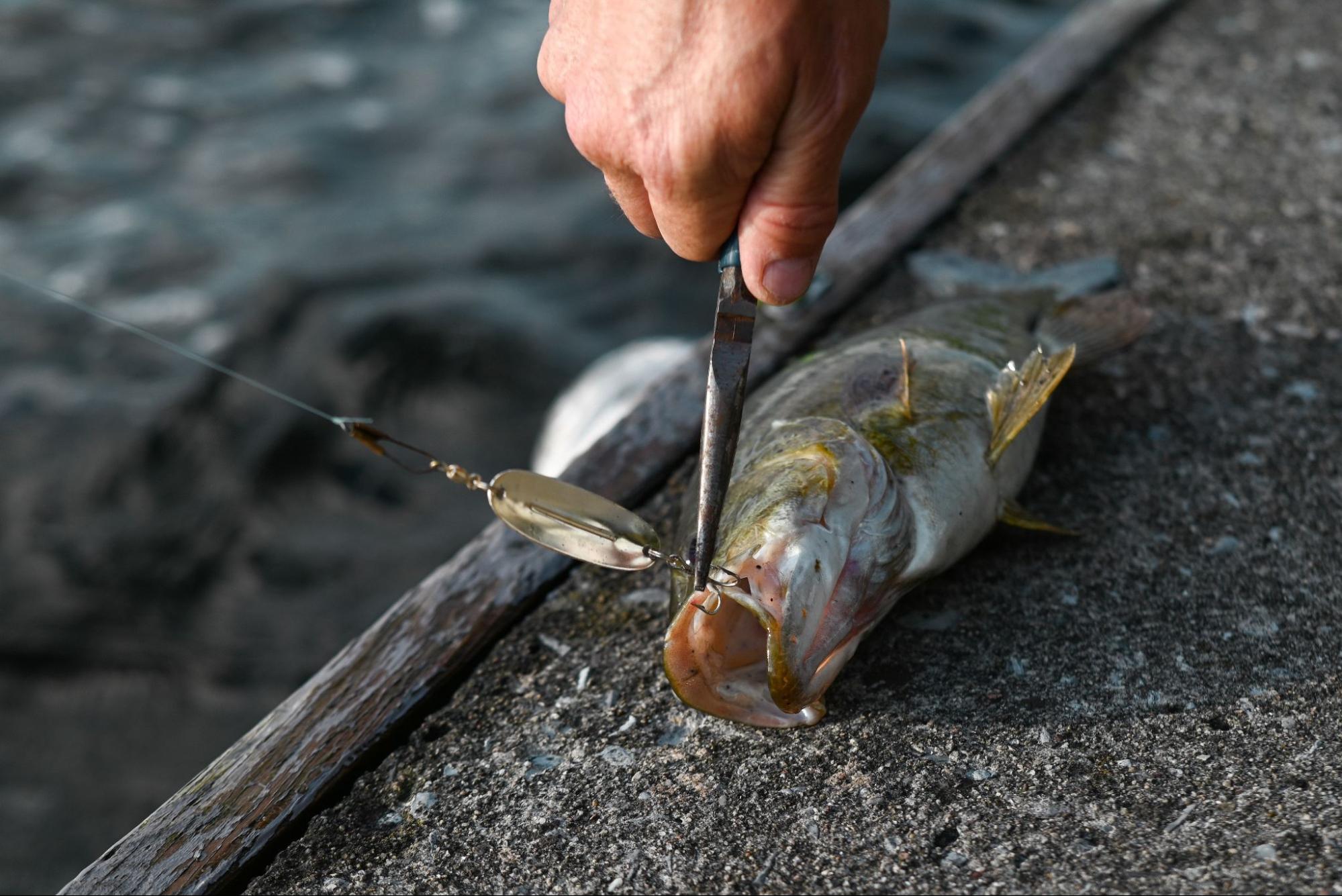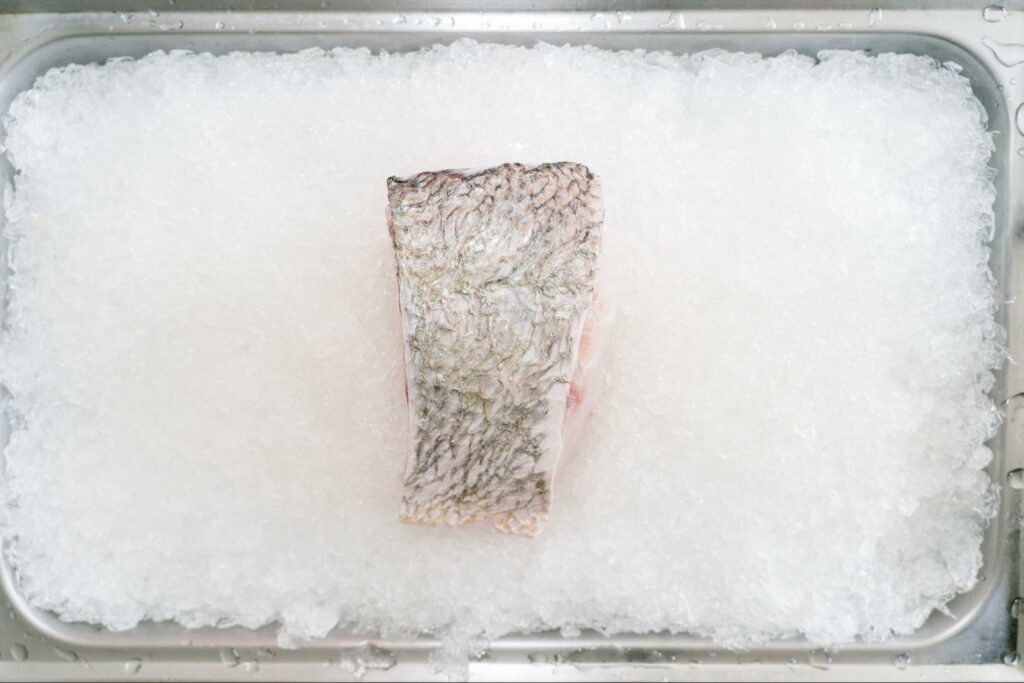Table of Contents
ToggleHow Long Does Fish Last in the Freezer Vacuum-Sealed
When it comes to preserving fish, vacuum-sealing and freezing are popular methods that help extend its shelf life. But how long does fish last in the freezer when vacuum-sealed? Let’s dive into this topic and explore the factors that influence the longevity of frozen, vacuum-sealed fish.
Vacuum sealing is a great way to protect fish from freezer burn and oxidation, which can degrade its quality over time. By removing air and creating an airtight seal around the fish, vacuum sealing helps maintain its freshness for an extended period. When stored properly in the freezer at 0°F (-18°C) or below, vacuum-sealed fish can typically last anywhere from six months to one year.
However, it’s important to note that the exact duration of storage depends on several factors. The type of fish, its initial freshness before freezing, and the quality of vacuum sealing all play a role in determining how long the fish will remain at its best. Additionally, following proper thawing techniques when you’re ready to cook it will also contribute to maintaining optimal taste and texture.
In conclusion, while there isn’t a definitive answer to how long fish lasts in the freezer when vacuum-sealed due to variations in factors like type of fish and storage conditions, it’s generally safe to say that properly sealed and frozen fish can stay good for up to one year. As always, use your judgement when assessing the quality of frozen seafood before consuming it.

The Science Behind Vacuum-Sealing Fish
When it comes to preserving fish, vacuum-sealing has become a popular method among seafood enthusiasts. But what exactly is the science behind this technique? Let’s dive in and explore how vacuum-sealing helps extend the shelf life of fish in the freezer.
- Oxygen Deprivation: One of the primary reasons why fish spoil quickly is exposure to oxygen. When fish come into contact with air, oxidation occurs, leading to the breakdown of fats and proteins which results in off-flavours and textures. However, when fish is vacuum-sealed, all the air is removed from the packaging, creating an oxygen-free environment that slows down spoilage significantly.
- Inhibition of Bacterial Growth: Another advantage of vacuum-sealing fish is its ability to inhibit bacterial growth. Bacteria require oxygen to thrive, so by removing air from the packaging, we are depriving bacteria of their essential element for survival. This helps prevent bacterial spoilage and extends the lifespan of your frozen fish.
- Preservation of Nutrients: Vacuum-sealing also aids in preserving important nutrients present in fish. Exposure to air can lead to nutrient loss through oxidation. By sealing fish tightly without any air pockets, we can minimise nutrient degradation and retain those valuable vitamins and minerals.
- Prevention of Freezer Burn: Freezer burn occurs when food becomes dehydrated due to prolonged exposure to cold temperatures and air circulation in the freezer. Vacuum-sealed packages create a tight barrier against moisture evaporation and minimise contact with cold air, reducing the risk of freezer burn on your precious catch.
5 . Extended Storage Time: So, how long does fish last in the freezer when vacuum-sealed? While exact times may vary depending on factors like temperature fluctuations and storage conditions, properly sealed vacuum bags can help preserve fish for up to two years or even longer while maintaining its quality.
In conclusion ,the science behind vacuum-sealing fish lies in its ability to create an oxygen-free environment, inhibit bacterial growth, preserve nutrients, prevent freezer burn, and extend the storage time. By employing this method, you can enjoy the freshness of your favourite fish for an extended period, ensuring that every meal is as delectable as the day it was caught.

